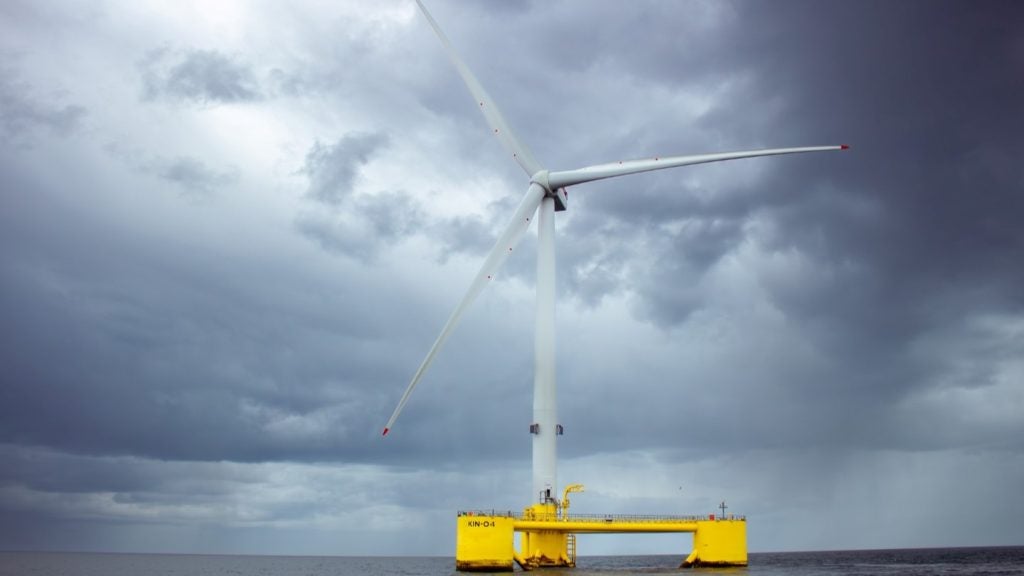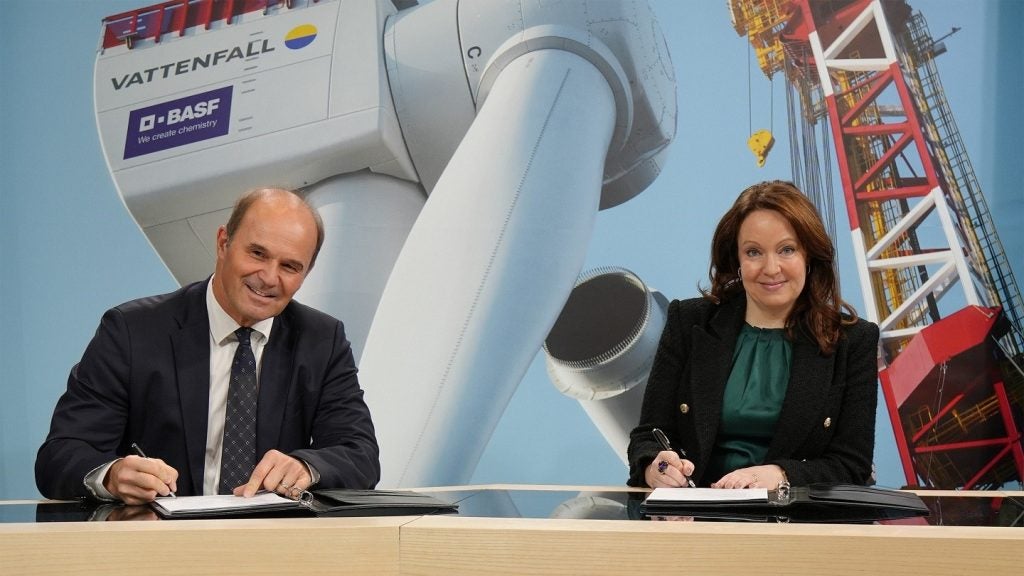UK-based property consultancy CKD Galbraith has said that strict guidelines are forcing wind-farm developers to review their strategies on commissioning wind turbines across Scotland.
The consultancy noted that subsidies for medium to smaller-scale renewable schemes under the FiT scheme are now subject to the degression system, a system designed to ensure incentives do not excessively burden the public purse.
Subject to index-linking for inflation, tariff levels on installed renewable energy projects registered for FiT are said to fixed, while the tariffs for new registrants will be reduced progressively through degression.
In 2013, wind energy projects exceeded the maximum degression threshold that made Westminster Government cut the principle FiT subsidy for wind turbines by one fifth, setting degression at 20%.
In order to avoid degression applying to their projects, the developers have opted to lock in FiT benefits at 2013 levels.
See Also:
CKD Galbraith advised to developers that they should commission their turbines within 12 months of the pre-accreditation date in order to keep the higher subsidy levels.
How well do you really know your competitors?
Access the most comprehensive Company Profiles on the market, powered by GlobalData. Save hours of research. Gain competitive edge.

Thank you!
Your download email will arrive shortly
Not ready to buy yet? Download a free sample
We are confident about the unique quality of our Company Profiles. However, we want you to make the most beneficial decision for your business, so we offer a free sample that you can download by submitting the below form
By GlobalDataCKD Galbraith utilities department head Mike Reid said a further threat to FiT qualification is a delay on the part of those involved in projects to secure wayleave, or more commonly servitude, rights across neighbouring land.
"Developers have had to pay for their grid connection in full in order to qualify for pre-accreditation but payment doesn’t ensure the necessary rights exist to connect their wind turbine to the grid over land in third party ownership," Reid said.
CKD Galbraith said under the FiT, 20% degression will apply for all wind turbines commissioned after 1 April 2014, unless pre-accredited, but further cuts are inevitable as demand is likely to exceed the FiT degression thresholds primarily due to delays in the planning system and with grid constraints.
Reid said further reductions are inevitable as the Westminster Government seeks to control renewable subsidies and, it could be, within a few years the potential returns will result in no new FiT wind turbine projects being brought forward unless component and construction costs are reduced.
"Development decisions may also be influenced by opponents of wind power, who become ever more vocal," Reid added.


.gif)





